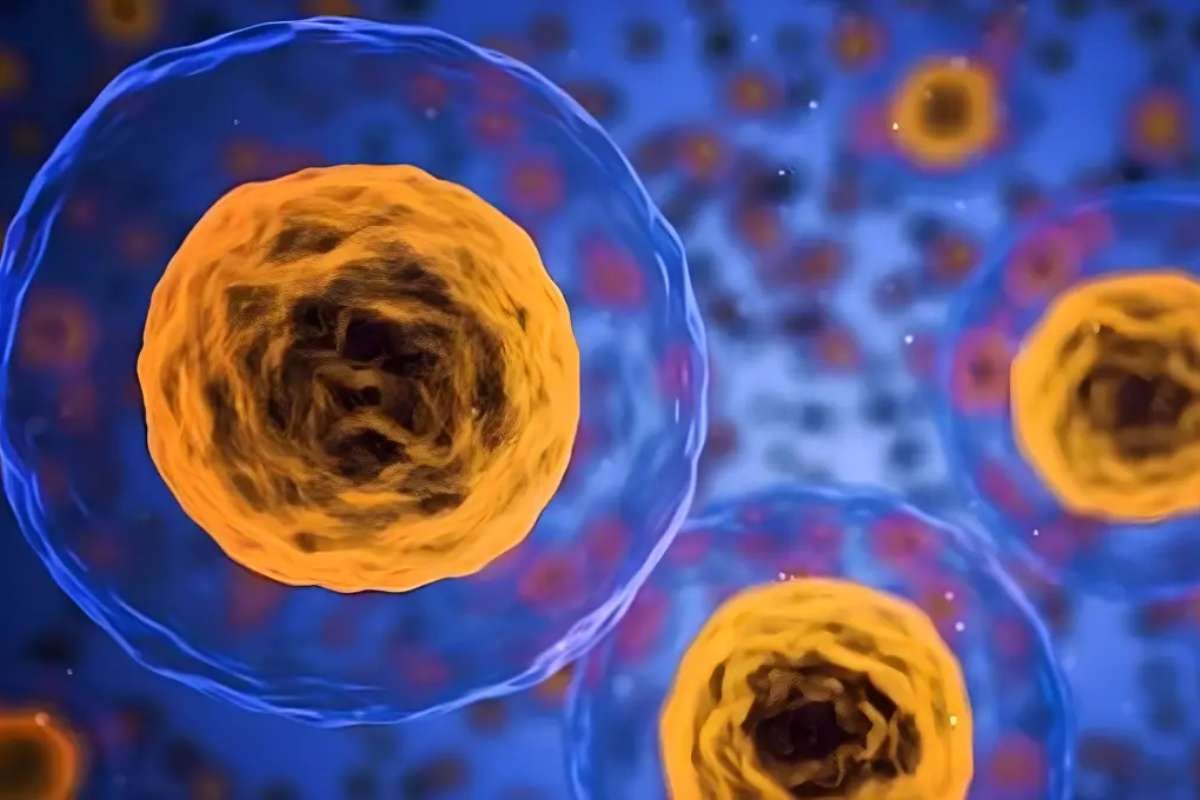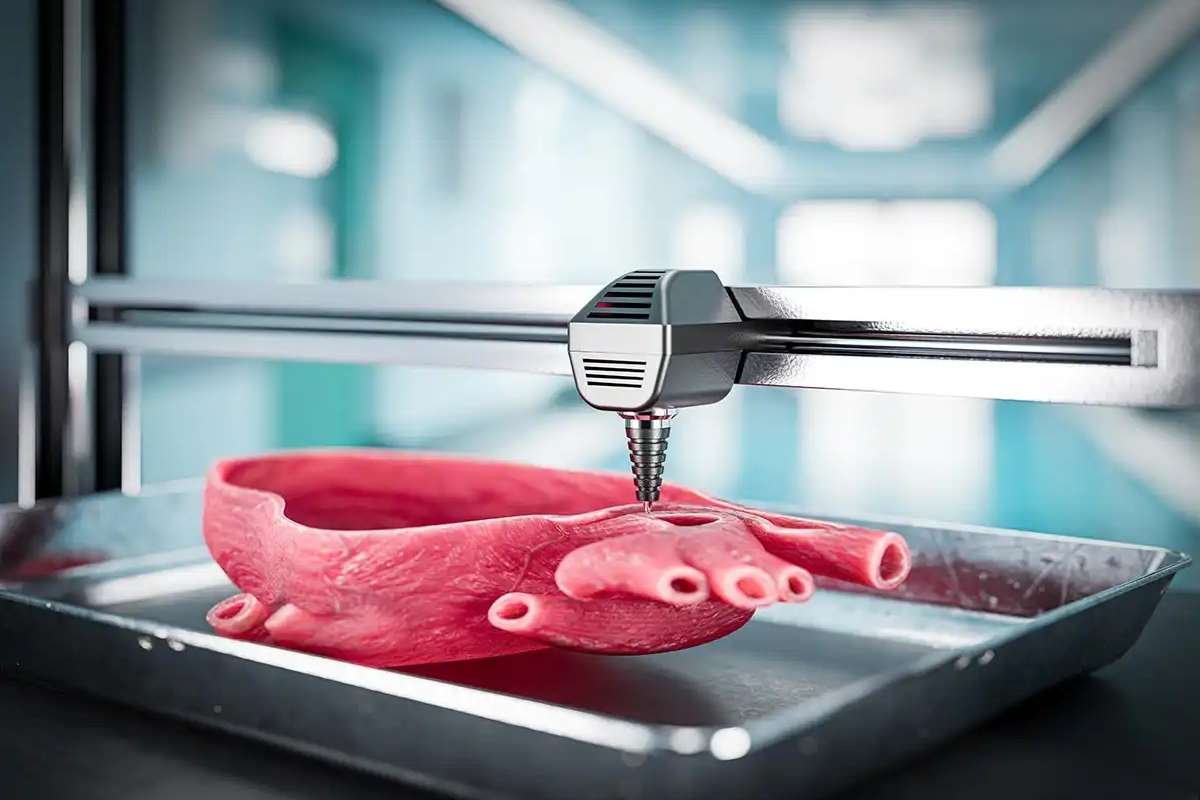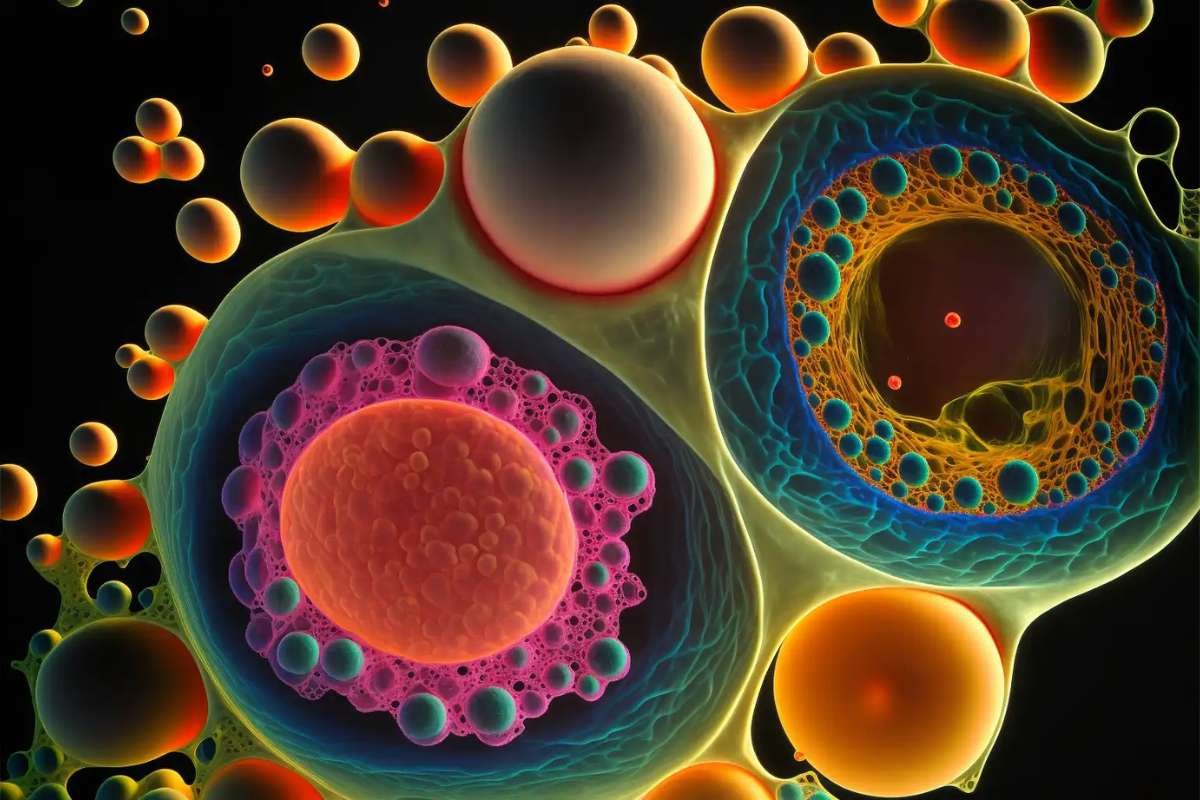Mesenchymal stem cells (MSCs) have emerged as a cornerstone of regenerative medicine and tissue engineering, offering unparalleled potential for treating a wide range of diseases and injuries. These multipotent stromal cells can differentiate into various cell types, including osteoblasts, chondrocytes, and adipocytes, making them a promising candidate for clinical applications. This article delves into the origins, characteristics, applications, and future potential of mesenchymal stem cells.
Definition
Mesenchymal stem cells are a type of adult stem cell originally discovered in the bone marrow but are also found in other tissues such as adipose tissue, umbilical cord blood, and dental pulp. They are known for their ability to self-renew and differentiate into multiple cell lineages, a property that distinguishes them from other stem cells. MSCs are characterized by their spindle-shaped morphology and expression of specific surface markers, such as CD73, CD90, and CD105.
Unlike embryonic stem cells, mesenchymal stem cells are not associated with ethical controversies, making them more acceptable for therapeutic use. Their ability to home to sites of injury and modulate immune responses further enhances their appeal in regenerative medicine.
Properties
Mesenchymal stem cells exhibit several unique properties that contribute to their therapeutic potential:

- Multipotency: MSCs can differentiate into various cell types, including bone, cartilage, and fat cells, under specific conditions.
- Immunomodulation: MSCs secrete bioactive molecules that suppress inflammation and regulate immune responses, making them valuable for autoimmune and inflammatory diseases.
- Homing Ability: MSCs migrate to damaged tissues, where they contribute to repair and regeneration.
- Secretion of Growth Factors: These cells release cytokines and growth factors that stimulate tissue repair and angiogenesis.
- Low Immunogenicity: Mesenchymal stem cells can evade immune detection, allowing for allogeneic transplantation without significant risk of rejection.
Sources
These types of stem cells can be isolated from various sources, each with its advantages and limitations:
- Bone Marrow: The most traditional and well-studied source of MSCs. However, obtaining bone marrow involves an invasive procedure, and the yield decreases with age.
- Adipose Tissue: Adipose-derived mesenchymal stem cells are easily accessible and abundant, making them an attractive alternative.
- Umbilical Cord and Placenta: These sources provide a rich supply of young, highly proliferative MSCs, with minimal ethical concerns.
- Dental Pulp: Extracted from teeth, dental pulp-derived MSCs offer a non-invasive option for obtaining these cells.
Applications
1. Orthopedic and Musculoskeletal Disorders
One of the most well-established applications of mesenchymal stem cells is in orthopedics. MSCs are used to repair bone fractures, treat osteoarthritis, and regenerate cartilage. Their ability to differentiate into bone and cartilage cells makes them ideal for addressing musculoskeletal injuries and degenerative conditions.
2. Cardiovascular Diseases
Mesenchymal stem cells have shown promise in treating heart conditions such as myocardial infarction and heart failure. By secreting growth factors and promoting angiogenesis, MSCs help regenerate damaged cardiac tissue and improve heart function.
3. Neurological Disorders
In the field of neurology, mesenchymal stem cells are being explored for treating conditions like spinal cord injury, stroke, and neurodegenerative diseases such as Parkinson’s and Alzheimer’s. MSCs’ ability to modulate inflammation and support neural repair offers hope for these challenging conditions.
4. Autoimmune Diseases

The immunomodulatory properties of mesenchymal stem cells make them effective in managing autoimmune disorders like rheumatoid arthritis, multiple sclerosis, and systemic lupus erythematosus. MSCs help regulate overactive immune responses, reducing inflammation and tissue damage.
5. Wound Healing and Skin Regeneration
MSCs are used in dermatology for wound healing and treating burns. By promoting angiogenesis and collagen production, mesenchymal stem cells accelerate tissue repair and improve the quality of healed skin.
6. Organ Regeneration
Emerging research suggests that mesenchymal stem cells can contribute to the regeneration of organs such as the liver, kidneys, and lungs. This application holds potential for addressing organ failure and reducing the reliance on transplants.
Challenges
While mesenchymal stem cells hold immense promise, their clinical use is not without challenges:
- Standardization: Variability in MSC characteristics based on their source, isolation methods, and culture conditions complicates their clinical application.
- Scalability: Producing large quantities of high-quality mesenchymal stem cells for therapeutic use is a significant hurdle.
- Delivery Methods: Ensuring effective delivery and retention of MSCs at the target site remains a technical challenge.
- Safety Concerns: Long-term safety, including the risk of tumor formation, must be thoroughly evaluated.
- Regulatory Barriers: Navigating the complex regulatory landscape for stem cell therapies can delay their approval and availability.
Future
The field of mesenchymal stem cell research is advancing rapidly, with ongoing studies aimed at overcoming existing challenges and expanding their applications. Key areas of focus include:

- Bioengineering and 3D Bioprinting: Combining MSCs with biomaterials to create tissue-engineered constructs for regenerative medicine.
- Gene Editing: Using technologies like CRISPR to enhance the therapeutic properties of mesenchymal stem cells.
- Exosome Therapy: Leveraging MSC-derived exosomes as cell-free alternatives for delivering therapeutic benefits.
- Personalized Medicine: Tailoring MSC therapies to individual patients based on their unique needs and conditions.
“R3 Stem Cell is driven by a mission to deliver cutting-edge regenerative medicine therapies that unleash the body’s inherent ability to repair, regenerate, and restore damaged tissue.”
Conclusion
Mesenchymal stem cells represent a paradigm shift in regenerative medicine, offering hope for treating a wide array of conditions that were once considered untreatable. Their ability to differentiate, modulate the immune system, and promote tissue repair makes them a versatile and powerful tool in modern medicine. However, addressing challenges related to standardization, safety, and scalability will be essential to unlocking the full potential of mesenchymal stem cells. As research progresses, MSCs are poised to revolutionize healthcare, paving the way for innovative treatments and improved patient outcomes.








